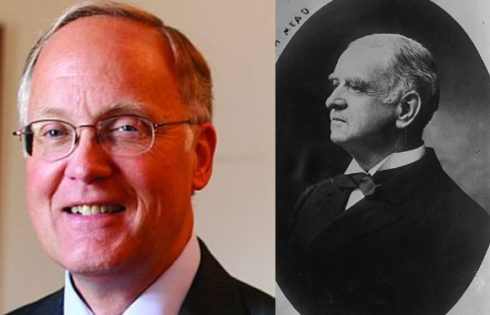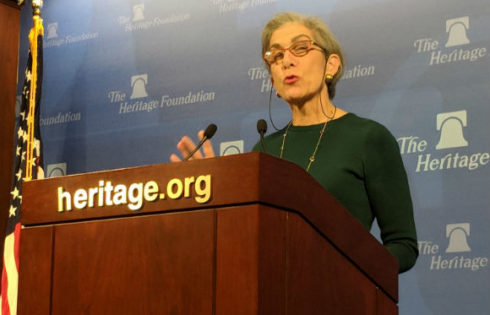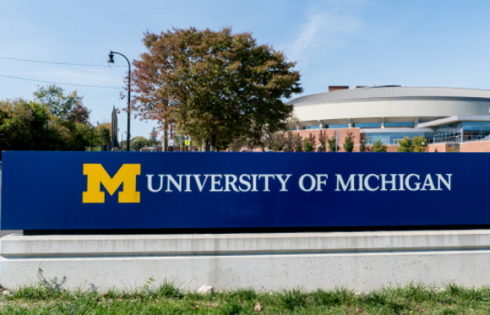
A fact-checker at USA Today recently defended Georgia Democratic US Senate candidate Raphael Warnock’s criticism of “whiteness” by noting several academic sources, including one who had the ability to decipher racial dog whistles from Donald Trump in the 2016 campaign.
Matthew Brown, a recent graduate of Dartmouth where he wrote for the student newspaper, decided to fact-check some of the “especially intense scrutiny” Warnock has suffered from conservatives who “seek to paint [his] religious sermons as radical.”
In particular, Brown is concerned about a 2016 video posted by commentator Dan Bongino titled “Video Emerges Showing Dem GA Senate Candidate’s SHOCKING Rant About White People.” In it, Warnock says the US needs to “repent for its worship of whiteness,” notably because a sizable number of people had planned to vote for Donald Trump.
(Bongino’s video, on Facebook, is flagged as “missing context” and lists Brown’s column as an “independent fact-checking” source.)
Warnock’s opponent, incumbent Kelly Loeffler, tweeted the video in mid-November, calling the Democrat’s comments “disgusting” and “offensive”:
.@ReverendWarnock, THIS is what division and fear looks like.
We are ALL God’s children.
This rhetoric is disgusting and offensive. #gapol #gasen pic.twitter.com/z5qx8Upa1s
— Kelly Loeffler (@KLoeffler) November 14, 2020
With his reference to “whiteness” as an “academic term” that’s been “in use for decades,” Brown seems to think the layman will gasp and go “Ooooh!” He cites the National Museum of African American History and Culture’s definition of the word (“the way that white people, their customs, culture, and beliefs operate as the standard by which all other groups are compared”), and then goes to Andra Gillespie of Emory University for back-up:
[“Whiteness”] is not meant to be a structural attack on white people […] but [Warnock] is trying to offer a very pointed critique of a white supremacist culture that privileges whiteness above all other types of people. What I suspect Rev. Warnock was trying to speak to is how Donald Trump as a candidate appealed to whiteness, the threat of status loss embodied by having a woman run against him in an increasingly diverse society.
Aside from how someone’s suspicions now count as “fact-checking,” four years ago Prof. Gillespie appeared quite confident in her ability to read between the lines, so to speak, of then-candidate Donald Trump’s speeches at the GOP convention:
[Trump] didn’t get on stage and issue a bunch of racial epithets. We didn’t hear the N-word, and we didn’t hear other words that may offend many people. But just because he didn’t use racial slurs doesn’t mean he didn’t frame issues in a way that people in racial and ethnic groups find problematic.
Brown’s overall conclusion: “Regardless of the utility of ‘whiteness’ as a concept, it does not refer to specific people who may identify or be seen as ‘white.’ Warnock’s comments were not advocating anti-white bias.”
You can judge Brown’s political “independence” for yourself.
MORE: The cult that is anti-whiteness
MORE: U. Minnesota lecture features 12 step recovery program for whiteness
IMAGE: David Carillet / Shutterstock.com
Like The College Fix on Facebook / Follow us on Twitter






Please join the conversation about our stories on Facebook, Twitter, Instagram, Reddit, MeWe, Rumble, Gab, Minds and Gettr.